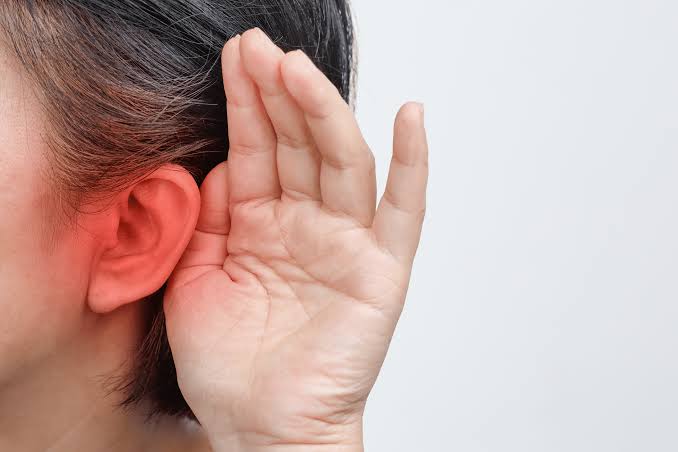ASHENEWS reports that a new study published in the BMJ Public Health journal has suggested that video gamers risk irreversible hearing loss and tinnitus, a persistent ringing or buzzing sound in their ears.
According to the study, game sound levels often near, or exceed, permissible safe limits, hence the need to create awareness about the potential risks posed to gamers.
“While headphones, earbuds, and music venues have been recognized as sources of potentially unsafe sound levels, relatively little attention has been paid to the effects of video games, including e-sports, on hearing loss, says the researchers.
“Gamers often play at high-intensity sound levels and for several hours at a time, they add. And one estimate indicates that there were more than 3 billion gamers worldwide in 2022,” the study said.
The report reviewed 4 peer-reviewed studies from 9 countries in North America, Europe, Southeast Asia, Asia, and Australasia.
The respondents in these reviews amounted to a total of 53,833 people.
The report observed that sound levels ranged from 43.2 decibels (dB) (mobile devices) up to 80-89 dB (gaming centers) while the length of noise exposure varied by mode and frequency of access–from daily to once a month, for at least an hour at a time, averaging 3 hours/week.
“Impulse sounds consist of bursts lasting less than 1 second, with peak levels at least 15 dB higher than the background sound. One study reported that impulse sounds reached levels as high as 119 dB during gameplay; permissible exposure limits are around 100 dB for children and 130–140 dB for adults.”
“Although the data provided in this review are limited, they suggest that some gamers, particularly those who play frequently, and at or above the average sound levels described by papers included in this review, probably exceed permissible sound exposure limits, and are thus engaging in unsafe listening practices, which could put them at risk for developing permanent hearing loss and/or tinnitus.
“The findings suggest that there may be a need to prioritize interventions, such as initiatives focused on education and awareness of the potential risks of gaming, that can help promote safe listening among gamers,” the researchers said.


